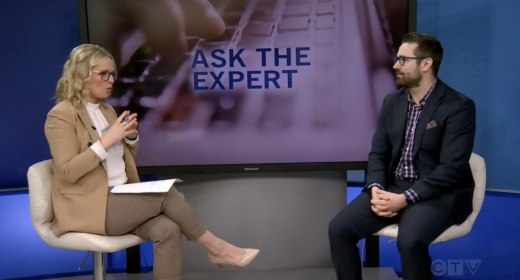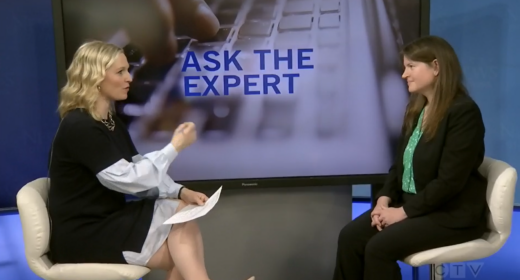In last week’s post, we provided you with 4 New Year’s estate planning resolutions:
- Review your Will and Trust Documents;
- Review your Powers of Attorney for Property and Personal Care;
- Review who you have appointed as Estate Trustee; and
- Review your beneficiary designations.
We also provided you with our comments on Resolution #1 and #2. This week, we will talk about Resolution #3 and #4.
1. Review Who You have Appointed as Estate Trustee
Even if you think you don’t have any assets, it is important to decide or to review who you have appointed as your Estate Trustee. An Estate Trustee is the person named in your Will who will ensure your final wishes are respected by administering your estate, planning your funeral, disposing of all your assets and paying your debts when you die. You can appoint one or more persons as your Estate Trustee, and should ensure that you name an alternate in case the Estate Trustee(s) you appoint dies before you or is otherwise unable or unwilling to accept the job of being your Estate Trustee. If you don’t decide who will make those decisions, then one of your friends or family members will have to step forward and bring a Court Application to be appointed as your Estate Trustee without a Will. Administering an estate can often be a hard and thankless task, so it is important to choose carefully. Any individual who is at least 18 years of age and is mentally capable may serve as your Estate Trustee; however qualities to consider when choosing your Estate Trustee include availability, sound judgment, patience, sympathy, reliability, and financial responsibility.
2. Review Your Beneficiary Designations
Certain types of assets allow for a beneficiary designation, which allows you to directly name an individual or charity to receive your assets or insurance proceeds directly without going through your estate. They include registered retirement savings programs (RRSPs), registered retirement income funds (RRlFs), tax-free savings accounts (TFSAs), life insurance policies and registered educational savings programs (RESPs). Beneficiary designations reduce the amount of taxes your estate will have to pay, so you should consider using them whenever you can. If you have already made beneficiary designations, it is important to review them from time to time.
Whether you are a young adult or a senior, the time to plan ahead is now, when you are capable of making informed decisions. Having an up-to-date Will provides security and certainty for your family, as well as peace of mind for you. One of our experienced wills and estates lawyers can provide you with estate planning advice. You can also use our Estate Planning Guide to help you get started.


